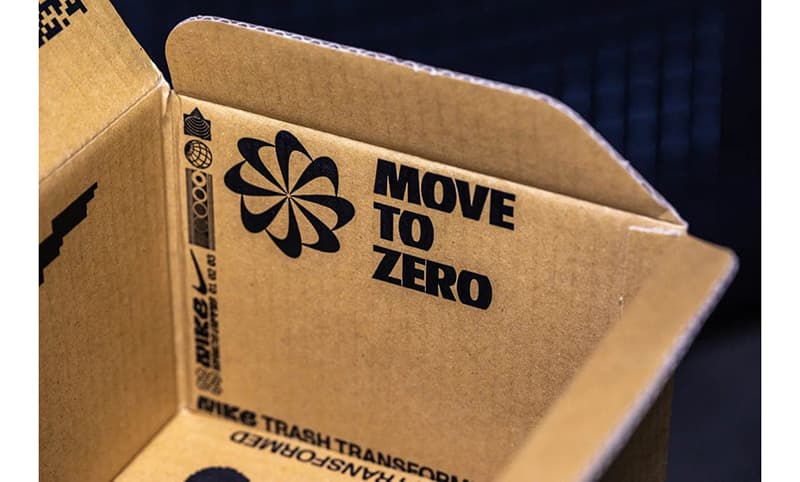As e-commerce continues to boom, the big-time fashion industry is looking into innovative ideas to phase out the use of plastics with a variety of sustainable packaging concepts to improve its environmental footprint.
All clothing and textile companies are into minimizing their environmental impact throughout the supply chain. Leading analysts are of the opinion that consumers are more loyal to brands that take environmental issues seriously, with 78% of global consumers actively looking for sustainable and environmentally-friendly features when making a purchase.
Rory Gopsill, associate analyst at London-headquartered GlobalData explains, “Sustainability is a growing concern for consumers, investors, and regulators. All three groups can inflict material damage on companies that fail to operate sustainably. Consumers can boycott brands and company products, investors can stop investing in them, and regulators can fine those that fail to abide by environmental regulations.”
With climate change becoming an increasingly urgent issue, the fashion industry’s packaging can have a huge impact on the overall environmental footprint.
Packaging accounts for 40% of plastic waste with only 9% recycled as per statistics of the United Nations Economic Commission for Europe (UNECE). UNECE even suggests moving from single-use plastic packaging to wood-based alternatives as an economically-feasible and environmentally-friendly alternative, having a highly efficient carbon balance.
Businesses within the fashion industry are keen to play a major role in building a global circular economy. With US-based Nike, the world’s biggest apparel company, placing a big value on sustainability with its far-reaching ‘Move to Zero’ initiative, German sports brand Adidas is using only recycled polyester in all its products. Joining the bandwagon are Spanish multinational clothing company Inditex, with a long commitment to environmental change by deciding to phase out single-use plastics by 2023 and promoting the use of reusable bags, Swedish fashion retailer H & M, focusing on having all their packaging designed to be reusable or recyclable by 2025, and Belgian fashion retailer C & A initiating ‘Fashion For Good’, an innovative fashion industry project focused on scalable solutions to plastics.
